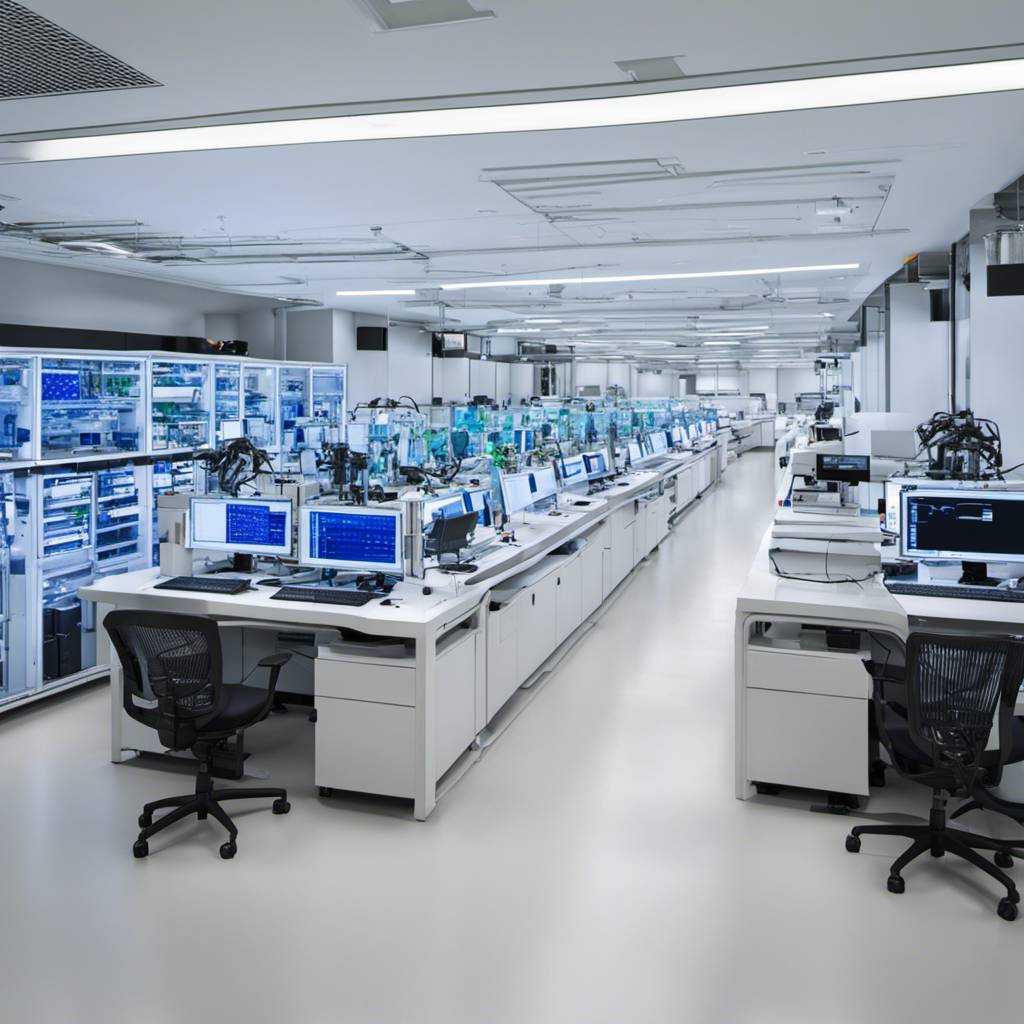The National University of Singapore (NUS) is currently on the hunt for passionate postdoctoral fellows to join their bioelectronics research endeavors. The laboratory of Presidential Young Professor Liu Yuxin is spearheading this recruitment effort, seeking individuals with a keen interest in electrochemical sensors, wearable and flexible electronics, and bioelectronics research.
As part of the Welcome Leap Dynamic Resilience Program, the team at NUS is poised to develop innovative biosensors and bioelectronics that can capture and analyze digital dynamic resilience biomarkers. The focus will be on creating AI-integrated wearable electronics technology specifically designed for biochemical dynamic resilience biomarkers.
The role will involve designing and conducting research in flexible electronics, wearable electronics, and the broader area of electrical engineering. The fellows will also have the opportunity to work closely with clinicians and physicians for human clinical studies, providing a holistic view of the implications and applications of their research.
Candidates for this position should either have obtained or be expecting a PhD degree in Electrical Engineering, Biomedical Engineering, Chemistry, Material Science and Engineering or related fields. A strong interest in bioelectronics, wearable electronics, flexible electronics is crucial, along with a scientific curiosity and motivation to perform scientifically rigorous experimental work.
The ideal candidates should have previous experience and strong skills in printed electronic board (PCB) design, electronic circuits, firmware and APP development. Excellence in conducting independent research with great critical thinking and experimental design is also highly desirable. Candidates should be comfortable working in a multidisciplinary team and leading a multidisciplinary project.
Previous research experience in electrochemical sensors, actuators, and microfluidics would provide an added advantage to applicants. In this era of rapidly advancing technology, familiarity with electronics, computers, programming languages, and coding could prove beneficial in navigating the complexities of bioelectronics research.
The NUS Bioelectronic lab is located at the Kent Ridge Campus under the Institute for Health Innovation & Technology. It provides an exciting opportunity for postdoctoral fellows to delve into the intricacies of bioelectronics and contribute to a field that has the potential to revolutionize healthcare.
To apply for this position, interested candidates are required to send their cover letter, CV, and names of 3 references (name, institution, email) to Prof. Yuxin Liu. Only shortlisted candidates will be contacted for further proceedings.
This initiative by the National University of Singapore underscores the importance of bioelectronics in our digital age. As we continue to integrate technology into our daily lives, the demand for experts in fields like wearable electronics and bioelectronics will only grow. This is an opportunity for postdoctoral fellows to not only advance their careers but also contribute to a field that holds immense promise for the future.
In conclusion, the National University of Singapore’s search for postdoctoral fellows for bioelectronics research offers a unique opportunity for individuals to immerse themselves in a cutting-edge field. With a focus on wearable electronics and AI-integrated technology, it promises to be a journey of discovery and innovation, potentially reshaping our understanding of resilience biomarkers and their applications.
